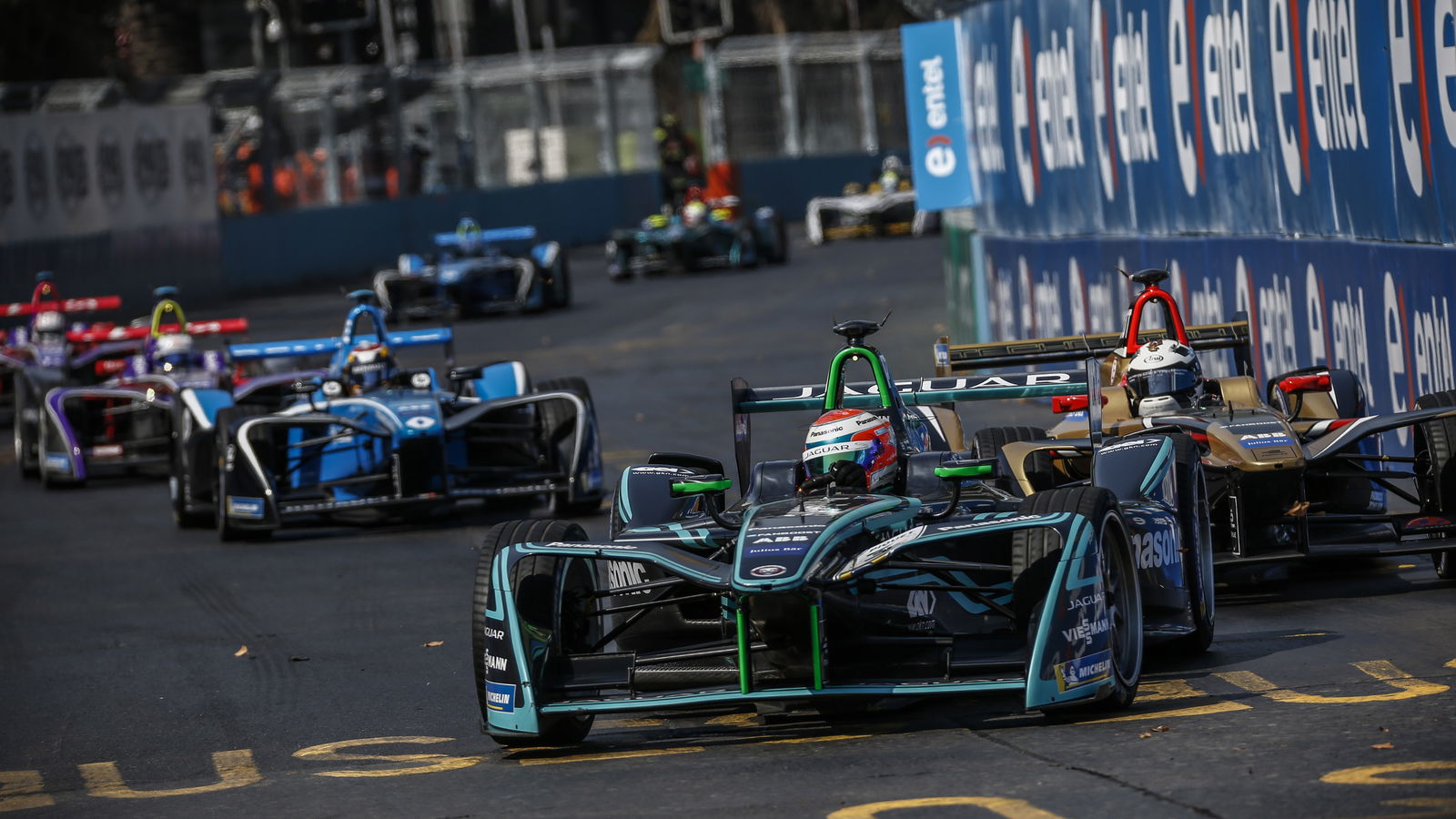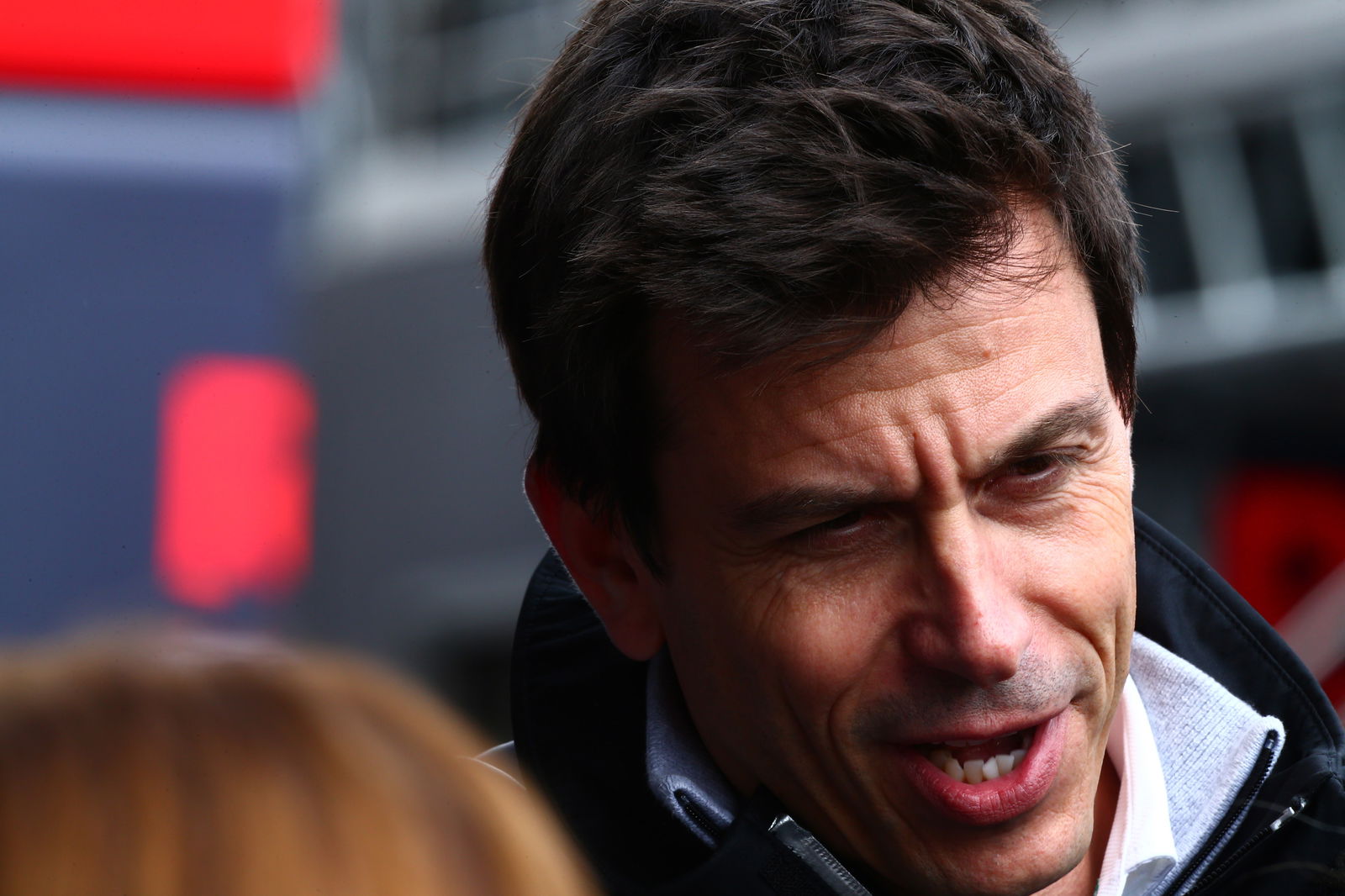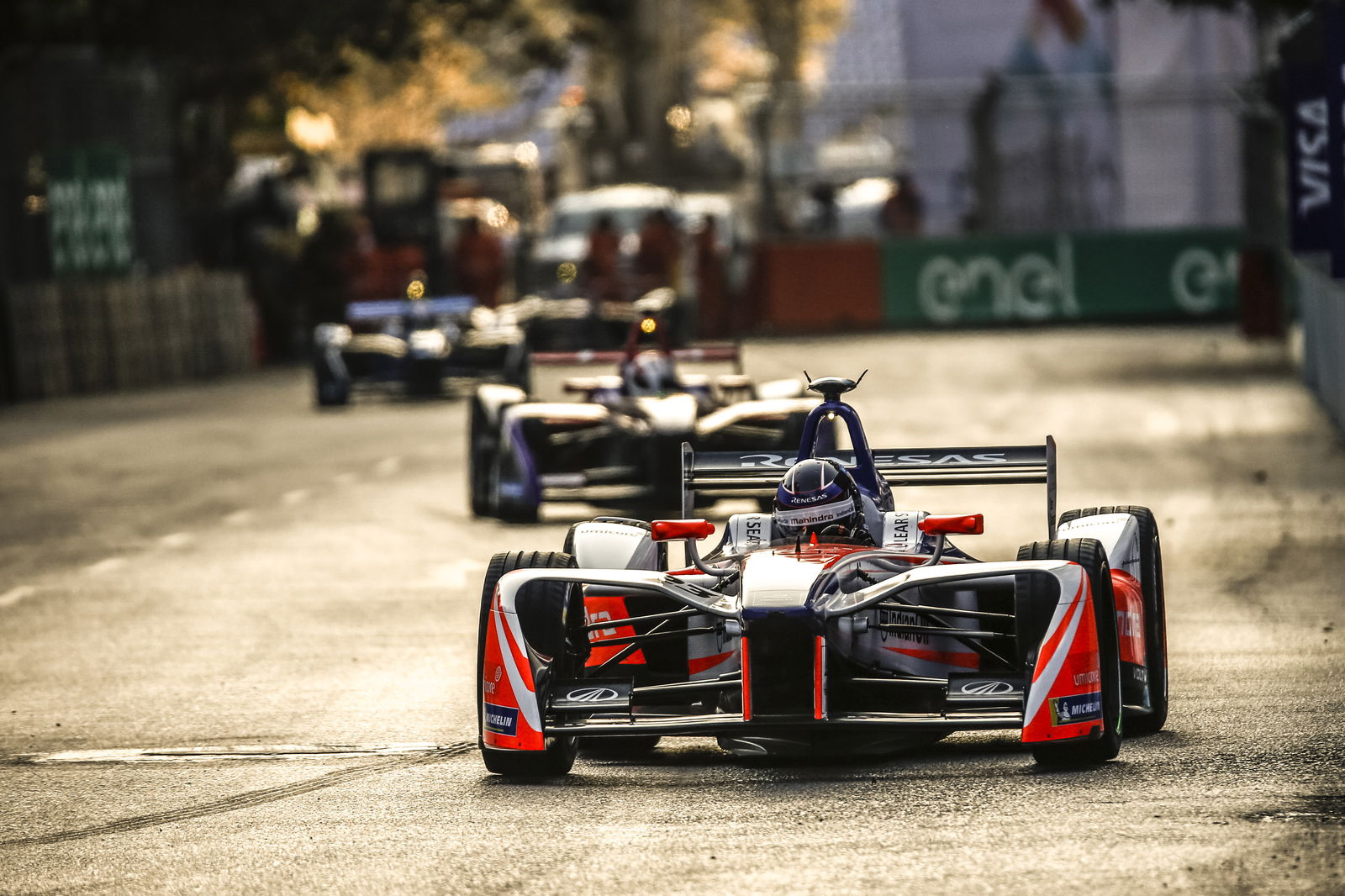Agag: A “million times harder” for Formula E to secure race venues
It is a “million times harder” for Formula E to secure race venues compared to other motorsport championships, according to series CEO Alejandro Agag.
Last month the all-electric series confirmed the 2017/18 season calendar would remain at 12 rounds after the cancellation of the Montreal double-header season finale, which had been planned for July 28-29.

It is a “million times harder” for Formula E to secure race venues compared to other motorsport championships, according to series CEO Alejandro Agag.
Last month the all-electric series confirmed the 2017/18 season calendar would remain at 12 rounds after the cancellation of the Montreal double-header season finale, which had been planned for July 28-29.
The event was scrapped after just a single running, following a change in local governance. It was understood additional races were being considered, but after a series of meetings the decision was taken not to replace Montreal, leaving Formula E with a 12-race calendar for its fourth season.
The 2017/18 calendar remains the joint-longest calendar in Formula E’s history, despite already having to replace a planned inaugural race in Sao Paulo with a return to Punta del Este. In a recent interview with SportsPro, Agag explained the difficulties the series faces when trying to arrange city-based street races.
“It’s, like, a million times harder [compared to other championships],” Agag said. “It is really challenging, and it means we have cancellations like we did in Montreal and São Paulo. The thing is that cities are living entities, so we have to adapt, be very flexible and remain open to change.
"The good thing is that our ecosystem also shares that philosophy – our teams and our sponsors are always ready for the changes, and we keep it flexible because we want to remain in the cities. If we wanted to have our events at a racetrack, we would have permanent circuits for the next ten years, but we don’t want that.”
Formula E has been boosted by its recent announcement of title sponsor ABB, in what was a first-of-its-kind deal for an FIA-sanctioned single-seater championship. The series has also managed to draw in a number of worldwide brands such as Allianz, Julius Baer and Qatar Airways, while it also persuaded Hugo Boss to join from Formula 1.
"I think we are changing the paradigm now,” Agag said. “Eyeballs are no longer the key driver when a decision about sponsorship is taken. Of course awareness and eyeballs are important, but it’s probably now the second-most important element in the decision-making process.
“The first element is the association with the right message, and in that sense the message of Formula E is very strong. Innovation, technology and environment are the messages that many companies want to be associated with; they want to activate around that, they want to do more business around that, and that is why Formula E is so appealing.”


